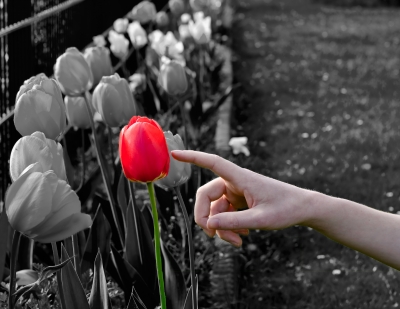What is perception?

Matching to my first retreat to the Old nurse, and to answer a received question by a blog reader:
Perception is a Mental process by which man information from its environment (external perception) and from its interior (inner perception).
The human being has 6 senses(institutions): eye (see), nose (smell), skin (feel / buttons), ear (hearing + balance).
- External perception: The man takes his environment through the sense organs true. The processing of the externally applied chemical or physical stimuli of experience. Each charm provides a specific nerve impulse that is passed through the nerve pathways to the brain. In the brain, the stimuli are converted into corresponding subjective sensations.
- Inner perception: the internal perception of the body’s sensitive systems contributes to the emergence of the subjective view of the world. Feelings such as Hunger and moods, such as sadness, affect the image of the people of this world, as well as settings of prejudice.
How does perception work?
The sensory stimulus (e.g. A television picture) encounters the entsorechende sense organ (the eye). This directs the stimuli via special sensory nerves (in this case the optic nerve) to the brain.
The failure of one of the perception organ often leads to irritation and restlessness. The brain receives too little stimuli from the environment, stimulates it’s self and focuses the “exaggerated” heavily on the sense organs / sensations. In this way, hallucinations (sensory deception).
Perception in the nursing profession
Perception is of fundamental importance for the everyday activities in the care. So care staff by observation of clients important information about their Experience and behaviour. These can react and self-reality-oriented behavior. Also in the implementation of nursing measures of Caring, the information gain due to the outside perception. You hear, see, feel, and smell. Nursing students learn, for example, the Association to create by watching / observation.

